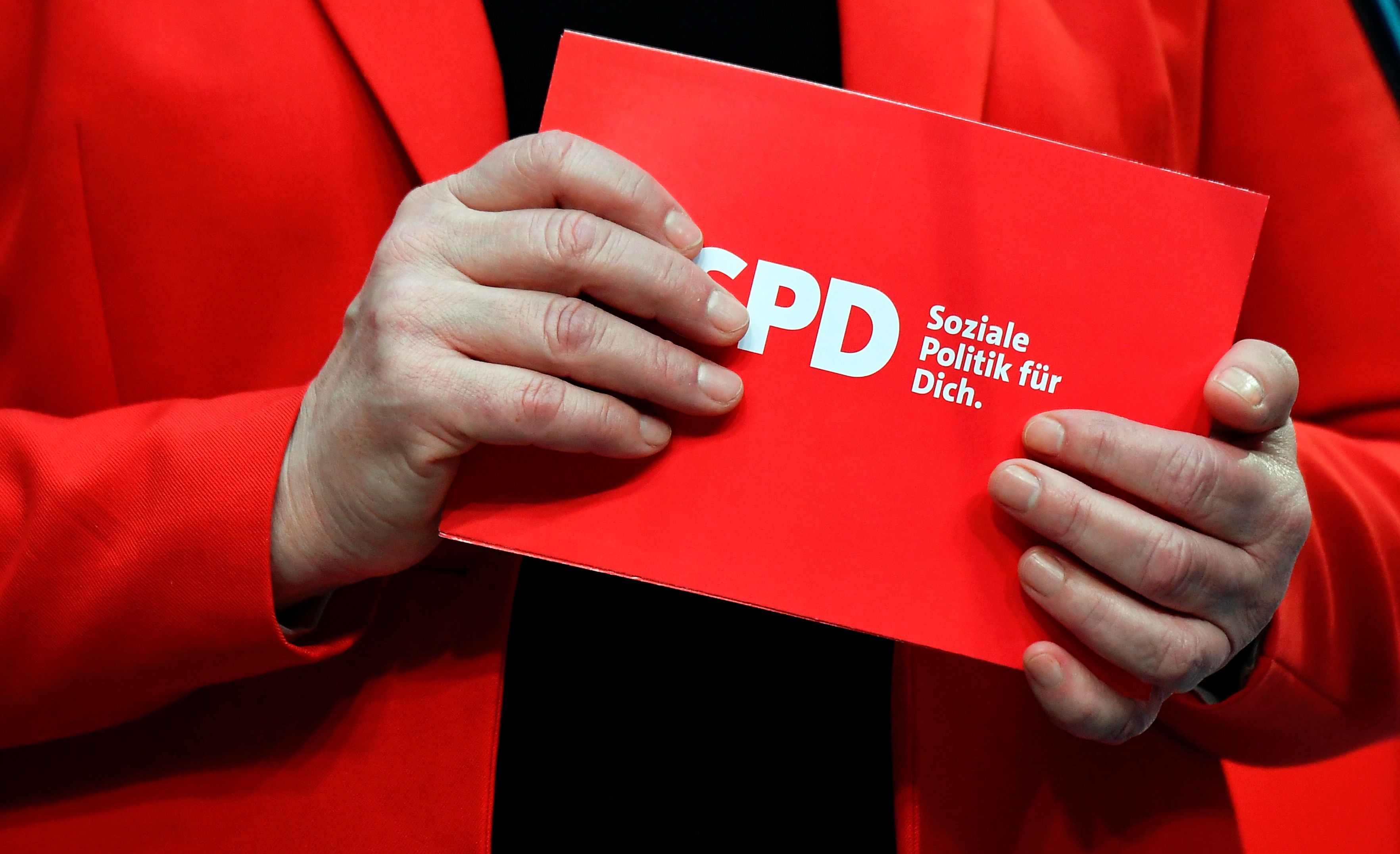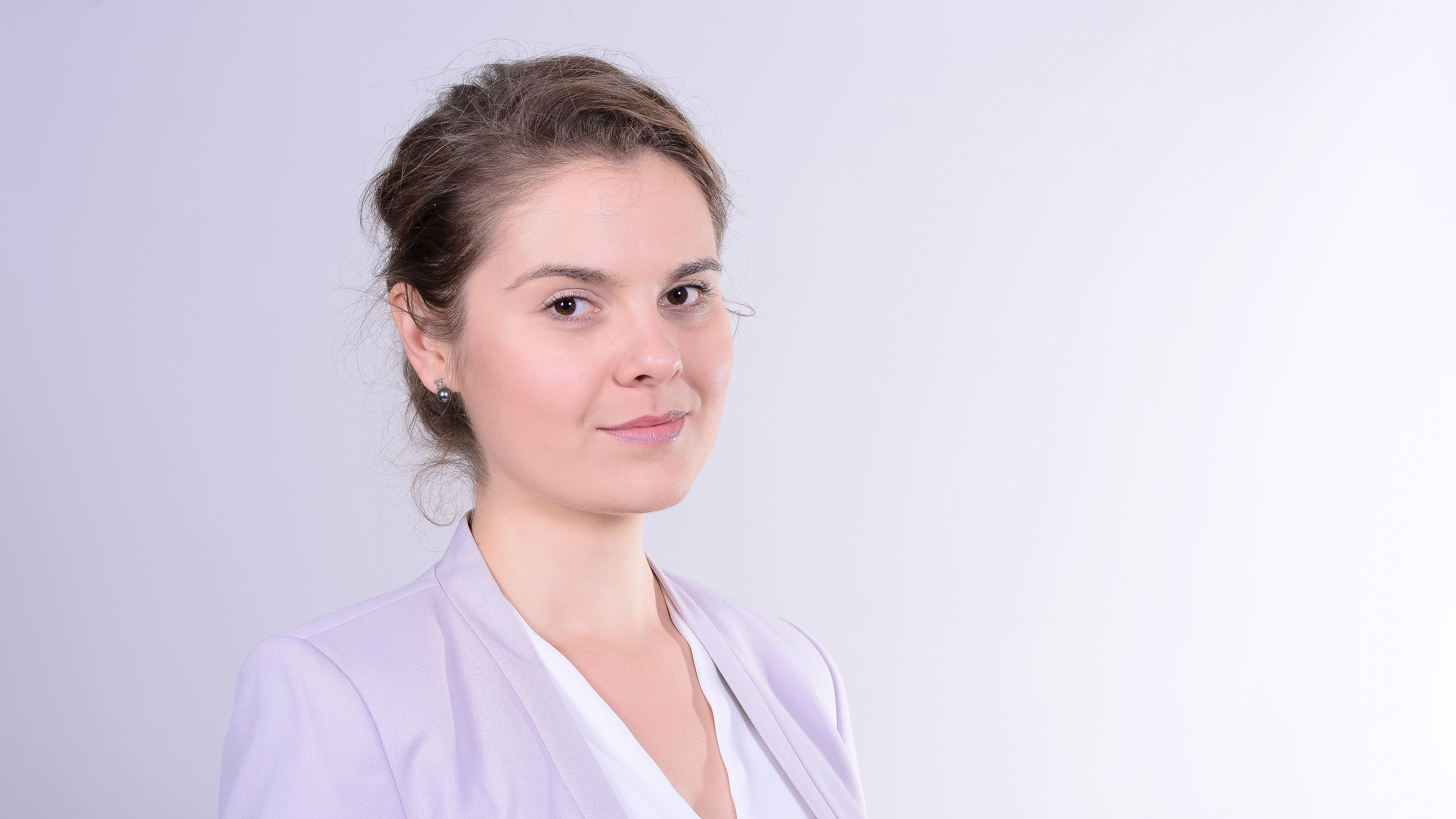Stakes as High as Drones Fly: SPD ahead of the Bundestag Elections

The SPD’s opposition to equipping the Bundeswehr with armed drones goes beyond the security policy debate: it is another example of the growing influence of the left wing of the party and an evolution of the party’s programme. In the coalition agreement of March 2018, the CDU/CSU and the SPD recognised that the decision to equip the Bundeswehr with armed drones would be taken by the Bundestag on the basis of “prior international law [and] constitutional and ethical assessment”. Expert consultations began in 2019 and indicated that the defence ministry would obtain the consent of the federal parliament before this year’s elections to the Bundestag. Although SPD deputies dealing with security policy supported equipping drones with missiles to destroy ground targets, the party leadership considered the current debate on the manner and principles of their use to be insufficient. This means that the purchase of drones for use by German troops participating in foreign missions, meant to enhance their operational security, was postponed again.
Left-Wing Renaissance
The aim of the intra-party change of course is to maintain the SPD’s position as the leading party of the German left. Current polls show that the Social Democrats can count on 15-17% of the vote (20.5% in the last federal election) and would lose their status as the second-largest party in the Bundestag to the Greens, which in 2017 were backed by 14.2% of voters, including former SPD supporters (4 percentage points).
The SPD’s first step to regaining its lost electorate was the election of new leadership of the party. After defeat in the European Parliament elections in June 2019, in which the Social Democrats achieved their worst federal result in history (15.7%), Andrea Nahles resigned as leader of the party. As a result, in December 2019, left-wing representatives in the party became its new leaders: Bundestag Deputy Saskia Esken and Norbert Walter-Borjans, the former finance minister of North Rhine-Westphalia. They defeated supporters of the moderate course: the vice-chancellor and federal minister of finance, Olaf Scholz, and Bundestag Deputy Klara Geywitz. The left turn was also suggested by other party appointments: Kevin Kühnert, party youth leader and supporter of breaking the coalition with the CDU/CSU, became the vice-chairman of the SPD, and Rolf Mützenich, a representative of the Parliamentary Left, a grouping of left-wing SPD deputies in the Bundestag, became the new head of the social democrats’ parliamentary faction.
Security policy has also become an important element in rebuilding the party’s identity. The criticism of the increase in military spending and the opposition to the arming of drones was once again joined by appeals for the withdrawal of nuclear weapons from German territory. In May 2020, Mützenich called for this step because of hints of a change in the U.S. nuclear strategy that, according to him, would treat such weapons not as a deterrent but as a tool in offensive warfare. The appeal by the faction leader was supported by Walter-Borjans. The attitude to security policy is also being revised at the personnel level. The outgoing Bundestag commissioner for the Bundeswehr, a representative of the moderate group of the SPD, Hans-Peter Bartels, has not been reappointed to this post by his party. Other SPD deputies dealing with security policy, such as Johannes Kahrs and Wolfgang Hellmich, also failed to be nominated. Instead, the SPD chose Deputy Eva Högl, who had not yet dealt with this area.
Another manifestation of the leftist turn in the SPD is its openness to forming a coalition with Die Linke (The Left) at the federal level. So far, the Social Democrats have not been ready to co-rule with the extreme-left group, which is burdened with the image of an anti-system party, heir to the communist Socialist Unity Party of Germany, and controversial postulates such as opposition to Germany’s membership in NATO. Last year, however, the new SPD leadership began to signal that co-forming the federal government with Die Linke was not out of the question: in August, both Esken and Walter-Borjans said they were considering such a scenario.
Preparations for the Elections
The election programme will be an important tool in rebuilding SPD’s position. According to the initial version and a resolution by the party’s board from February this year, it will focus on four “future missions”. The first is to ensure Germany’s climate neutrality by 2050, thanks to popularisation of the use of renewable energy sources, the cost of which is to be covered in part by a tax on CO2 emissions. This task is related to the creation of an environmentally friendly transport system, primarily focused on providing all citizens with access to public transport, expanding railway infrastructure, and rapid-charging networks for electric cars. Another issue is building the digital sovereignty of Germany and Europe through the creation of European solutions in the field of artificial intelligence, as well as digital data storage and processing. Another SPD postulate is to guarantee modern healthcare for all citizens. The implementation of this goal is to be ensured by investments in the pharmaceutical industry and reform of the healthcare system and its adaptation to the challenges of the COVID-19 pandemic. Actions in all four areas are intended not only to provide new jobs and stimulate the German economy, weakened by the COVID-19 pandemic, but also to strengthen the country’s international position. Increased taxes on the highest earners is also an important point.
Another way to rebuild the party’s identity is to portray itself as a sort of coalition opposition. Since 2005, only in 2009-2013 did the Social Democrats not build a coalition with the CDU/CSU. Thus, the party has not been viewed as an opposition party, weakening its status as a political alternative to the Christian Democrats in subsequent Bundestag elections. Its criticism of CDU/CSU for managing the fight against the COVID-19 pandemic is intended to highlight SPD’s political individuality: the prime ministers of SPD states and the minister of finance, Olaf Scholz, addressed Health Minister Jens Spahn (CDU) with a catalogue of questions about slow vaccination rates and problems with vaccine supply, to which he had to answer in the Bundestag.
Conclusions
The processes taking place within the SPD and other parties indicate that after the Bundestag elections, a political change of seats may take place on the German party scene: the Greens could become the main centrist party and SPD would become the alternative, presenting more left-wing postulates. The chances of this scenario increase if the Greens form a coalition with the Christian Democrats. This will give the SPD time to consolidate its new status and put it in a good position for the state elections in 2022. The move to the left and the simultaneous formation of a government by the CDU/CSU and the Greens may also increase the Social Democrats’ ability to attract new members: while the SPD remains the largest German party, for years it has recorded a steady decline in the number of activists (in 2019, the party numbered over 419,000, but in 1990 it was double that, at more than 943,000).
It cannot be ruled out that this change will be hampered if the party’s results in the federal elections are too low: coming in below 20% may lead to an internal crisis in the SPD and an outflow of moderate members. In the long run, this could become a catalyst for a merger of SPD and Die Linke. Another potential risk to the party’s election hopes is the escalation of disputes with the Christian Democrats during the pandemic. This may be viewed negatively by voters, who usually demand the government act effectively rather than open up new, intra-coalition disputes.
The SPD’s instrumentalisation of security policy strengthens the supporters of loosening the military alliance with the U.S. However, only if SPD builds a new federal government together with the Greens and Die Linke would such an idea become reality. The implementation of that scenario would undermine Germany’s military capabilities and cause a serious crisis in NATO, which would also generate tensions with other EU members. From Poland’s perspective, SPD’s continued support for the completion of the Nord Stream 2 gas pipeline and proposals to level social standards throughout the EU in the form of, for example, the introduction of a common social security scheme for the unemployed and a minimum wage, are not evaluated positively.


